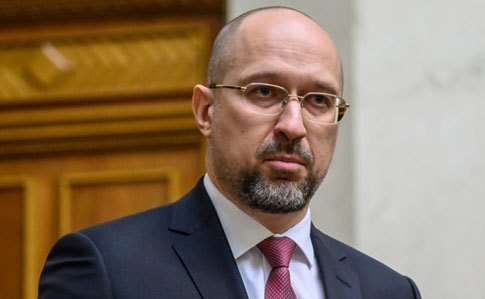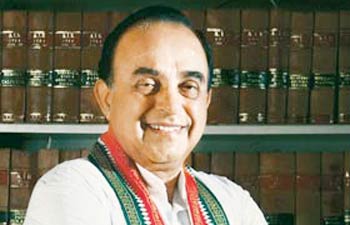Denys Shmyhal
5 March 2020.
Parliament approved Prime Minister Oleksiy Honcharuk’s resignation with overwhelming majority. Zelenskiy blamed Honcharuk for failing to halt an industrial slump and for not meeting tax collection targets.
Kyiv-based policy centre Razumkov Centre show that public trust in Zelenskiy has slid from nearly 80 percent in September to around 50 percent last month.
Parliament approved Prime Minister Oleksiy Honcharuk’s resignation with overwhelming majority. Zelenskiy blamed Honcharuk for failing to halt an industrial slump and for not meeting tax collection targets.
Kyiv-based policy centre Razumkov Centre show that public trust in Zelenskiy has slid from nearly 80 percent in September to around 50 percent last month.
Denys Shmyhal has been appointed as Prime Minister. Previously he was Deputy Prime Minister. Several cabinet members are also being replaced to see progress in the reform agenda. Shmyhal worked as an executive at DTEK, an energy holding owned by Ukraine’s richest man, Rinat Akhmetov. Some fear that appointment of Shmyhal may allow oligarchs a pathway back to power. This may lead to losing of support of the Western community.
Ihor Kolomoyskyi, a powerful oligarch backed Zelenskiy. Honcharuk fell into disfavour with Kolomoyskyi. He fought Honcharuk’s attempts to recover PrivatBank, which was nationalized in 2016 following a $5.6 billion bailout. Some analysts have speculated that Zelenskiy’s reshuffle is an attempt to get other Ukrainian oligarchs, such as Akhmedov, to back him. Honcharuk and his ministers had submitted a land-market reform bill into parliament and turned over several hundred state-owned companies to be privatized in moves lauded by western governments and lenders. Land reform bill passed a first reading in parliament in November 2019, but opposition parties have submitted several thousand amendments, delaying its passage in a second reading. Western analysts believe that land reform would be the biggest driver of Ukraine’s economic growth in the coming years. Failure to enact land reform may spell trouble to Zelenskiy.
Ukraine needs a $5.5bn loan from IMF to recover economically. To get this loan, Ukraine must pass a bank solvency legislation. This legislation, if passed, will prevent former owners of banks closed or nationalised reclaiming the businesses or seeking compensation. This will displease oligarchs like Ihor Kolomoyskyi.
rferl.org reported.
rferl.org reported.















